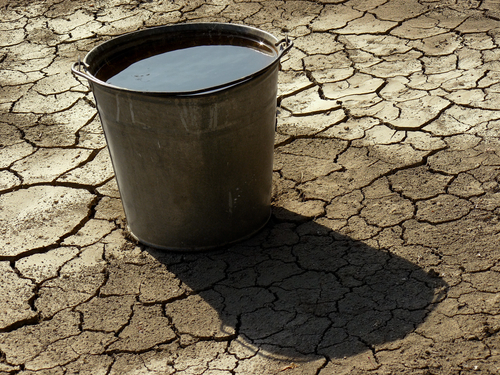
Trying to change behaviour with brute force, punitive means is like watering a sandy hydrophobic garden bed with large buckets of water.
On the face of it, the bed looks watered. But in reality the bulk of the water simply runs off the top of the bed. There is little real or useful effect beneath the surface.
In the same way, scary punishments can have an immediate effect. But the resultant behavioural change is only sustainable as long as the punitive actions (and their associated effects of shame and fear) are in effect.
Prolonged shallow watering retards the plants’ ability to grow deep roots. Over time, the bed becomes completely dependant on the shallow watering, and loses its resilience to drought or forgetfulness.
Real sustainable behaviour change, just like encouraging plants to grow deep roots, requires an investment in time and effort. By taking steps over longer timeframes - such as fine mist spraying or drip-feeding water onto the soil - will enable the water to soak down deeper into the bed. This can be further facilitated by adding soil wetting agents, to help break down the resistance.
Taking the time to understand the root causes and beliefs that contribute to undesirable behaviours, involving everyone in solution development, and ongoing reminders and rewards for small positive changes will all help create truly sustainable behaviour changes. Facilitation with the help of a coach or counsellor can further increase the effectiveness of this change.
Image: Bucket of water via Shutterstock.